ESB Initiative Partners
The Electric School Bus Initiative is proud to partner with environmental, equity and research organizations helping to advance an equitable and rapid transition to electric school buses nationwide.
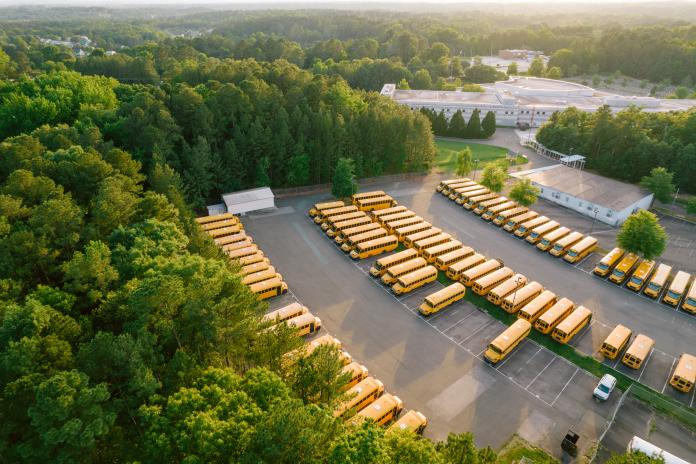
Implementation partners
Image

| ACEEEAmerican Council for an Energy-Efficient Economy a nonprofit 501c3 organization seeking to advance energy efficiency across sectors including transportation and buildings through policy, programs, technologies, research papers and more. Their periodic State Transportation Electrification Scorecard, which ranks states based on a variety of actions they either are or are not taking from a set rubric, will include electric school buses specifically in the next iteration. |
Image

|
|
Image
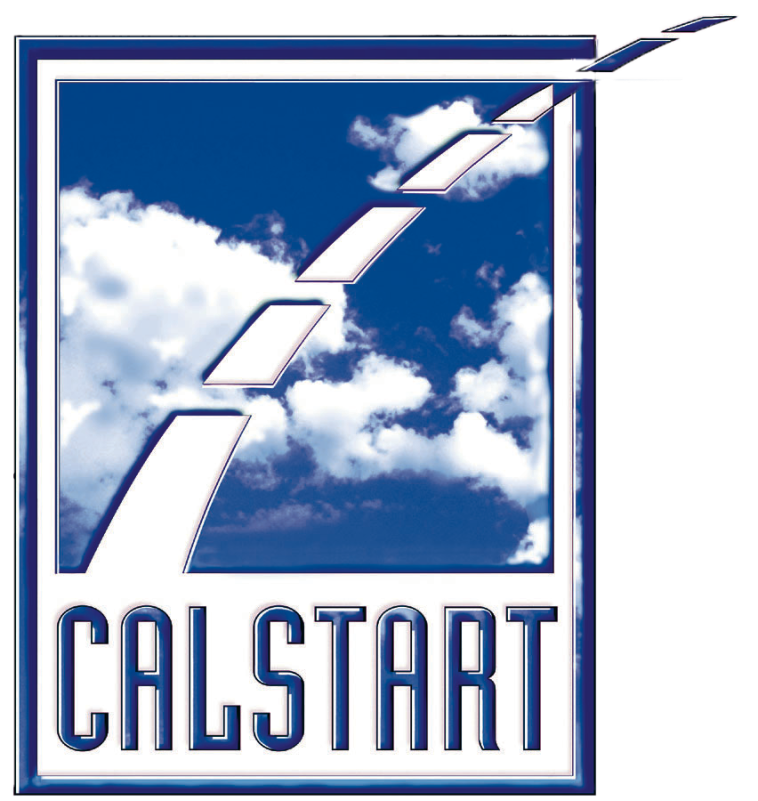
| CALSTARTCALSTART is a national nonprofit that works with its member companies and agencies to build a high-tech clean transportation industry that creates jobs, cuts air pollution and oil imports, and curbs climate change. CALSTART and WRI provide technical assistance to school districts through a cohort model, including online facilitated working groups that offer knowledge transfer and best practice sharing. CALSTART is also researching electric school bus manufacturing and helping to execute workforce training working groups. These groups will help develop curricula for community college technical programs and electric school bus industry workers, such as mechanics, technicians and dealers. |
Image
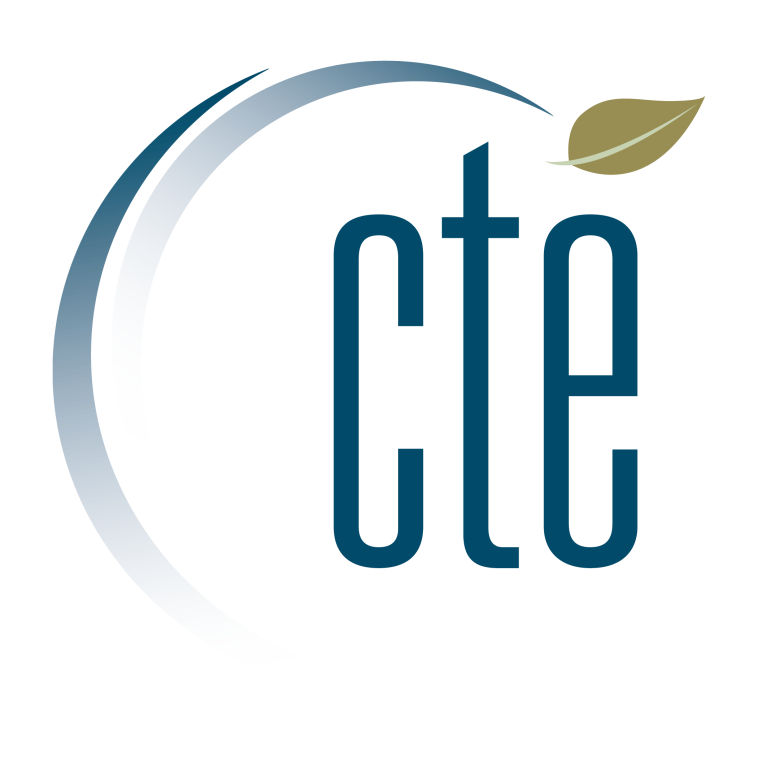
| Center for Transportation ElectrificationThe Center for Transportation and the Environment works to improve the health of our climate and communities by bringing people together to develop and commercialize clean, efficient and sustainable transportation technologies. CTE works with WRI on three electric school bus transition planning projects to advance their efforts and tools to support the U.S.’s school bus electrification transition. |
Image
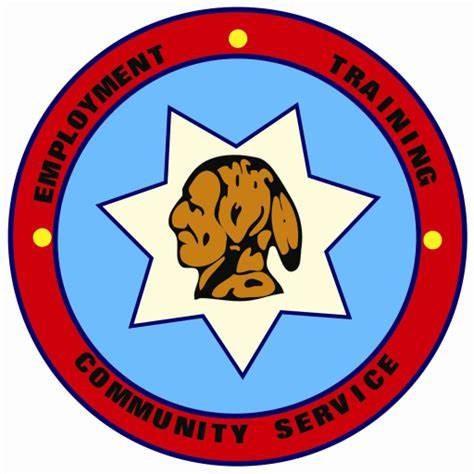
| Cherokee Boys Club, Inc.The Cherokee Boys Club, Inc. mission is to inspire and prepare individuals and families to reach their full potential, while embracing and honoring traditional Cherokee values. The Cherokee Boys Club provides all school bus and charter bus service for the Cherokee Central School System. The Boys Club also provides charter services for churches, community organizations, local county schools, Western Carolina University and Southwestern Community College. |
Image
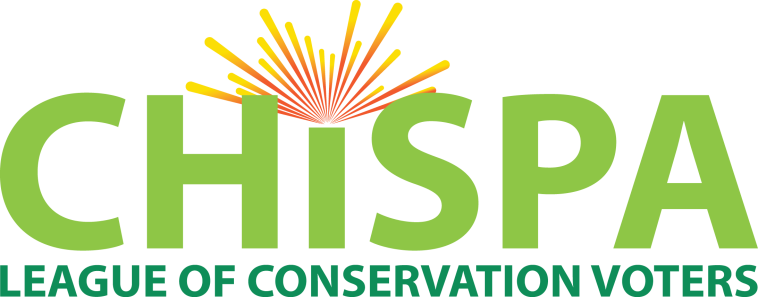
Image
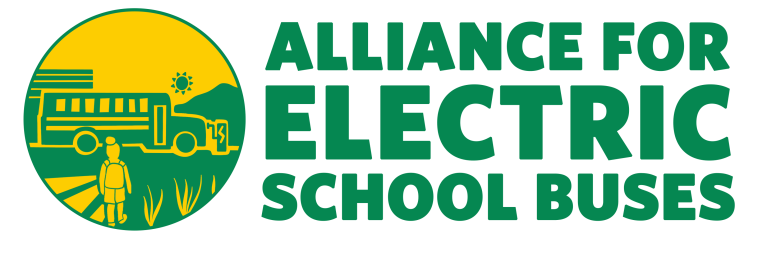
| Chispa LCV and The Alliance for Electric School BusesThe Alliance for Electric School Buses is a national coalition convened by Chispa LCV with the mission to electrify the nation’s school bus fleet and prioritize the highest-need school districts in the most polluted areas — which, as data shows, are proportionately low-income communities and communities of color — while creating well-paying careers for the workers who need them most. |
Image
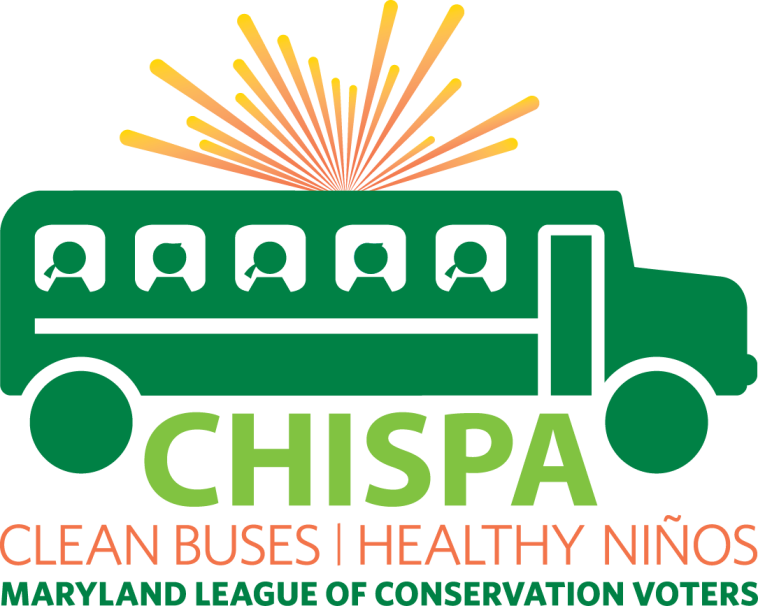
| Chispa MarylandChispa Maryland is a key program of the Maryland League of Conservation Voters (Maryland LCV), a state-wide, nonpartisan organization that focuses on grassroots activism and policy advocacy at the intersection of climate, equity and elections. Chispa Maryland works with Latinx communities to ensure they are engaged in the political process and have a strong voice to protect their environment and health through a grassroots organizing model of education, leadership building, and civic engagement. WRI partners with them on their electric school bus advocacy, which they do through lobbying, targeted advertising, outreach to key stakeholders and mobilization of their members. |
Image

| Clean Energy WorksClean Energy Works is a nonprofit organization that accelerates the adoption of inclusive investments to transform the power, building, and transportation sectors and open the clean energy economy to all. Clean Energy Works and WRI’s Electric School Bus Initiative jointly conduct research, prepare policy guidance and provide education to enhance access to clean transportation through financing solutions, including inclusive utility investments, that mitigate upfront cost, credit history and other barriers that traditionally exclude low-income communities and communities of color. |
Image
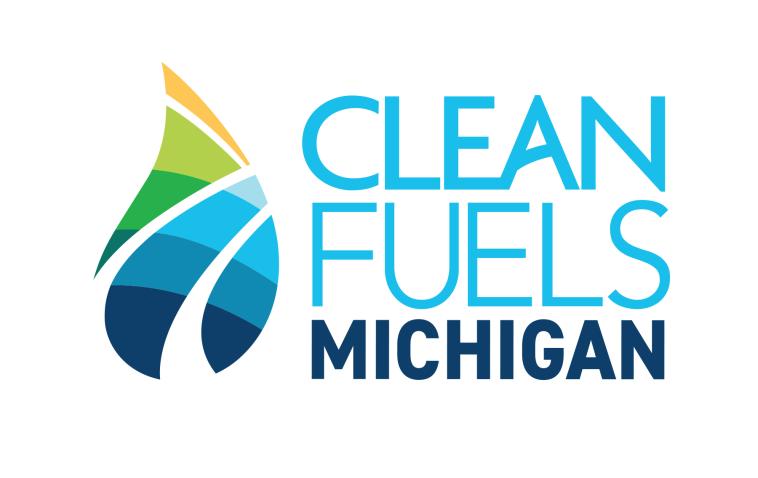
| Clean Fuels MichiganClean Fuels Michigan brings together stakeholders from across the clean transportation industry to show a unified voice for the industry. |
Image
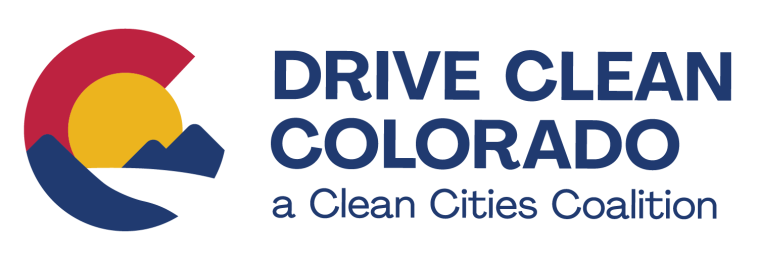
Image
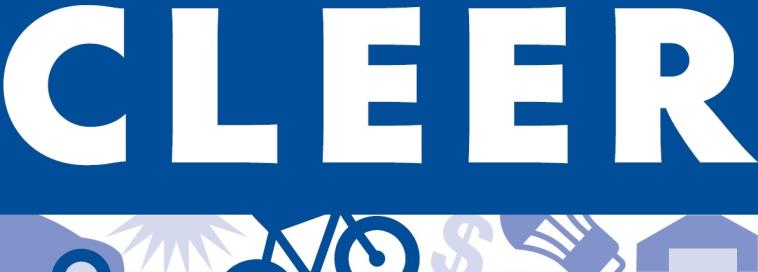
| Drive Clean Colorado (DCC) and CLEERDCC is a nonprofit coalition of stakeholders dedicated to clean transportation and efficient mobility choices like electric vehicles, alternative fuels and connected mobilities. CLEER works to accelerate the transition to clean energy economy, increase energy independence and reduce contributions to climate change. As experienced fleet electrification and funding coaches, CLEER and DCC will work with WRI to deliver in-person electric school bus workshops designed to connect and prepare school district staff and stakeholders based on their current level within the electrification transition. |
Image
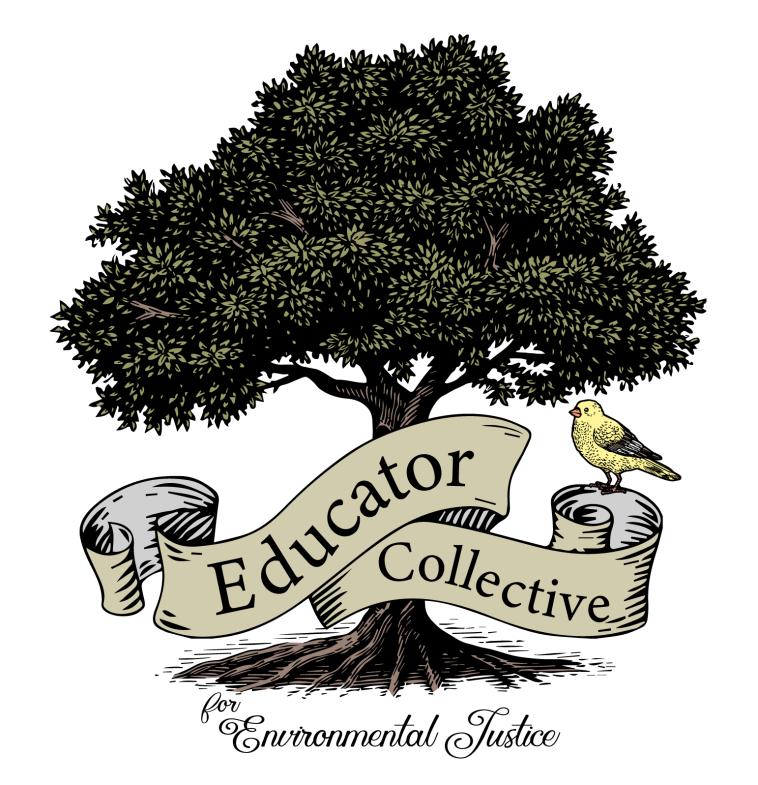
| Educator Collective for Environmental Justice (ECEJ)ECEJ mission statement: We believe that all human beings have a fundamental right to a healthful environment including but not limited to clean air, water, and energy. Our work supports the transition towards a renewable energy economy and seeks to remove the current pollution burden disparity. We are a collective of educators and researchers within frontline communities, youth, and educational hubs that share knowledge and take non-hierarchical and justice-centered action to change unjust environmental policies, and partner with communities to address issues of immediate (and future) health consequences. |
Image

| Electric Power Research Institute (EPRI)EPRI is an independent, nonprofit energy research and development organization focused on clean, safe, reliable, affordable and equitable access to electricity. WRI collaborates with EPRI in the field of transportation electrification, industrial emissions and hydrogen (net zero industrial clusters), as well as other research areas of mutual interest for the benefit of the public. |
Image
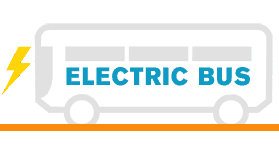
| Electric School Bus NewsletterThe Electric School Bus Newsletter engages a nationwide audience with curated, unscripted information and insights. |
Image

| Electrification CoalitionThe Electrification Coalition is a nationally recognized non-partisan, nonprofit organization that is focused on achieving the mass adoption of electric vehicles through a combination of stakeholder engagement, technical support, direct implementation and policy support. EC works to facilitate the deployment of EVs on a massive scale in order to combat the national security, economic and public health impacts associated with the nation’s dependence on oil. |
Image
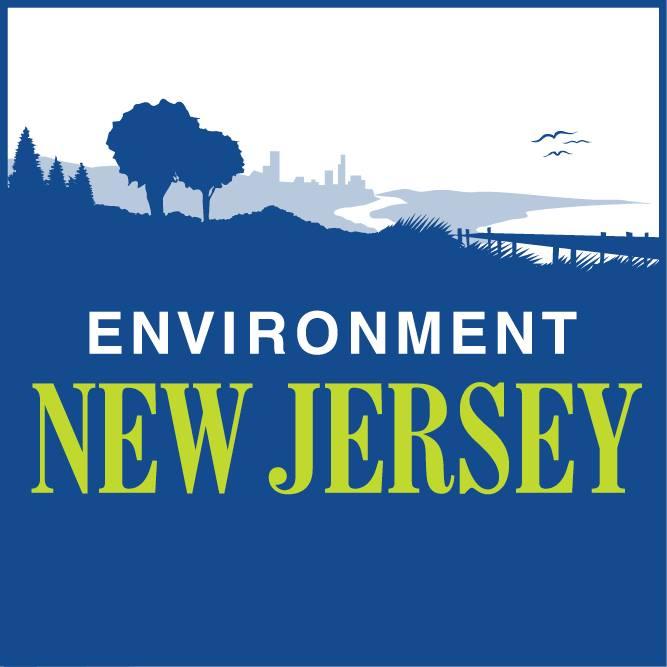
| Environment New JerseyEnvironment New Jersey focuses on policy advocacy for a variety of environmental issues facing New Jersey. They leverage partnerships with other environmental and EJ organizations in the state and strong connections with state representatives to push for equitable electric school bus policies. |
Image

| Environmental Law and Policy CenterThe Environmental Law & Policy Center is the Midwest’s leading environmental legal advocacy organization. ELPC produces strong results for the environment in the courtrooms, boardrooms and legislative hearing rooms across the pivotal Midwest states and in Washington D.C. ELPC has led efforts across the Midwest to transition school bus fleets from dirty diesel to clean electric school buses, and with WRI advocates for equity-first policy for electric school buses in Illinois. |
Image
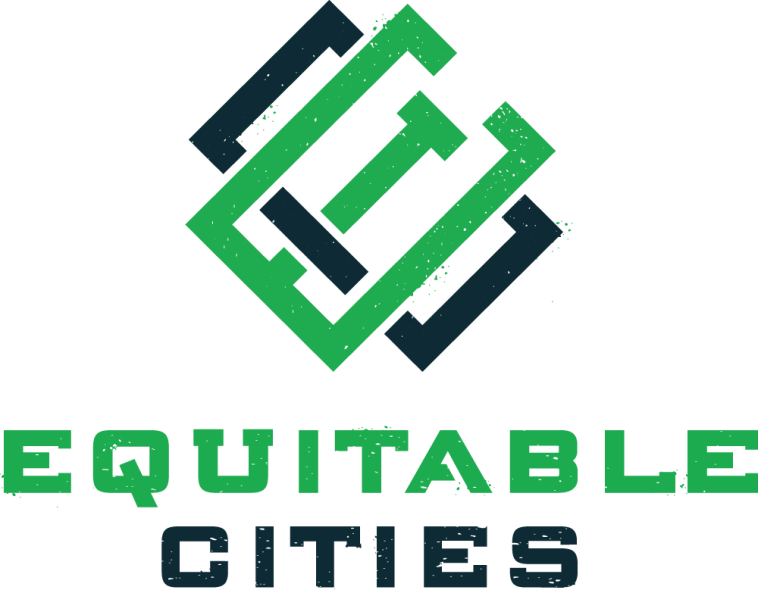
| Equitable CitiesEquitable Cities is an urban planning, public policy, and research firm working at the intersection of transportation, health, and equity. They provide foundational research, guidance and technical expertise to center equity in the ESB initiative and run our internal equity education series. |
Image
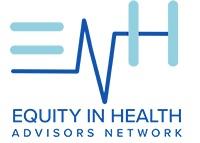
| Equity In Health Advisors NetworkAt EHAN, we recognize social harms that intersect with environmental hazards that trigger preventable diseases and some neurodivergent disorders. The negative impact on health, education, food, and housing insecurity drive our lived experiences and scholarship to mitigate root causes to broaden opportunities for optimal health outcomes. |
Image
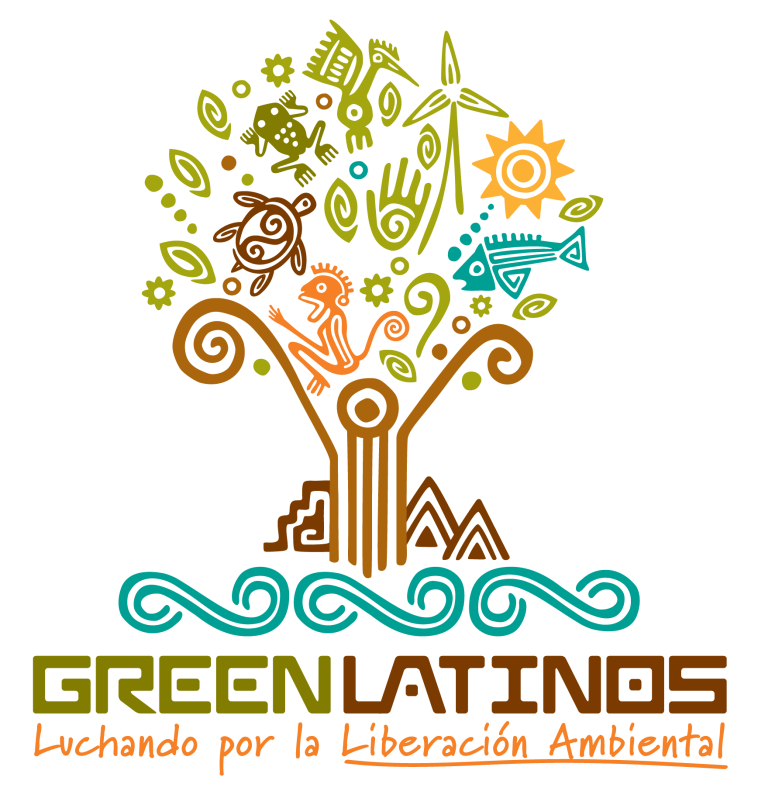
| Green LatinosGreenLatinos convenes an active comunidad of Latino/a/x leaders, emboldened by the power and wisdom of our culture, united to demand equity and dismantle racism, resourced to win our environmental, conservation and climate justice battles, and driven to secure our political, economic, cultural and environmental liberation. GreenLatinos works with WRI to advocate for equitable electric school bus policies in Colorado. |
Image

| Manufacturing RenaissanceManufacturing Renaissance (MR) is a Chicago-based nonprofit organization focused on advancing inclusive, sustainable development anchored in manufacturing. MR seeks to help expand racial equity, economic and social inclusion in local wealth creation, workforce and sustainable development. Manufacturing Renaissance serves on the ESB's Initiative's Advisory Council, Manufacturing & Supply Chain Steering Committee, and works with WRI, CALSTART and Michigan Clean Cities Coalition (MICC) to further electric school bus workforce development and training. |
Image
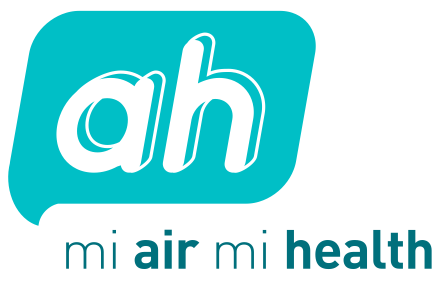
| MI Air MI HealthThe MI Air MI Health coalition gives health groups a stronger voice when advocating for policies at the local, state, and federal levels that improve outdoor air quality, curb the harmful health impacts of climate change, and improve the health of children and families across Michigan. MI Air MI Health is committed to ensuring healthy air for Michigan communities by assessing the health effects of air quality and advocating for the development, implementation, and enforcement of policies to address these issues, recognizing that clean air contributes to public health for all. |
Image
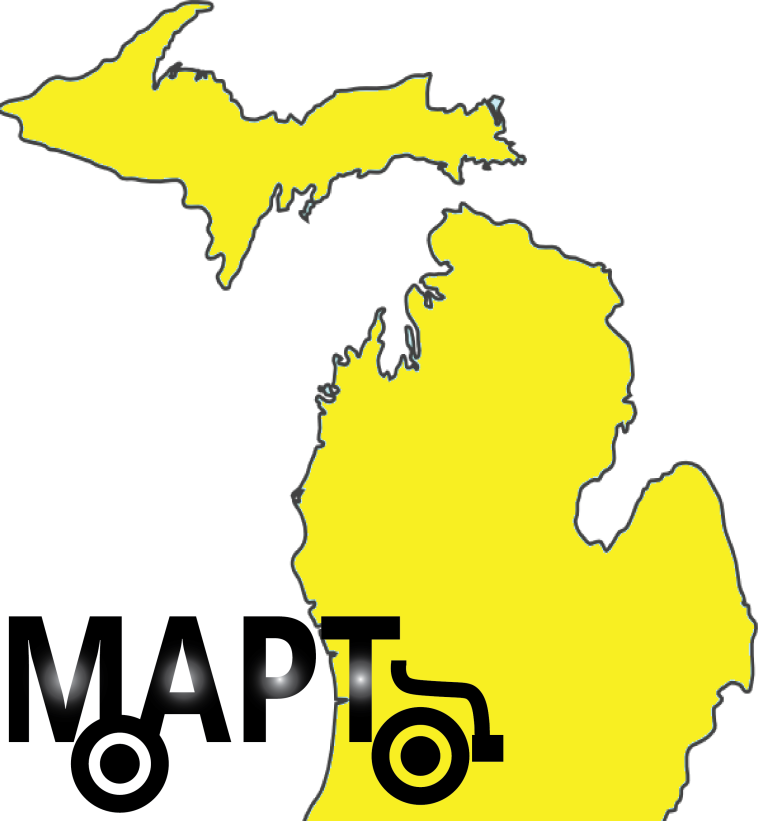
| Michigan Association for Pupil TransportationSince its establishment in 1965, the Michigan Association for Pupil Transportation has been providing a quality transportation service across the state of Michigan. MAPT proudly serves Michigan’s youth and trains Michigan’s phenomenal transportation professionals. |
Image
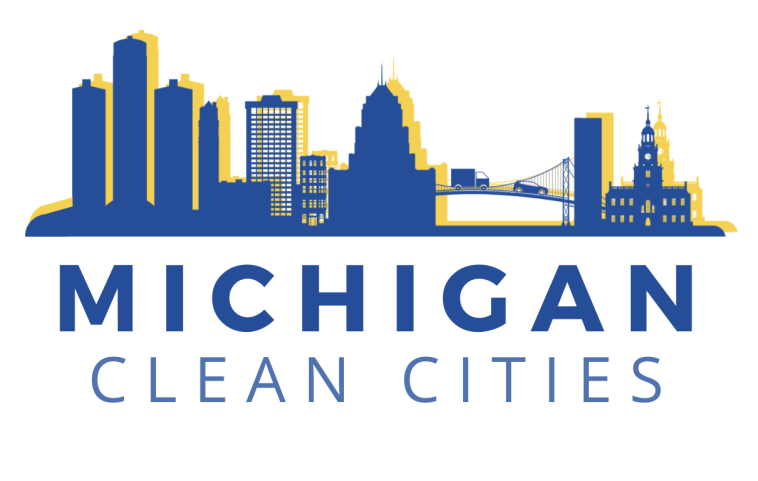
| Michigan Clean CitiesMichigan Clean Cities (MICC) is a 501c3 nonprofit organization speeding the paradigm shift to clean transportation solutions. Designated through the U.S. Department of Energy’s Clean Cities Initiative, MICC draws national technical and financial assistance toward projects that address the nation’s reliance on petroleum fuels by switching fleets and fueling stations to low- and zero-emission vehicles and fuels and fuel conservation practices. MICC’s Clear the Air for Schoolkids initiative has operated since 2009 to offer technical assistance and fund development to support idle reduction and clean transportation technology solutions to cut emissions from school bus fleets. MICC is a participant in the Toward Equity in Electric Mobility Community of Practice and the U.S. DOE Clean Cities Energy and Environmental Justice Initiative. In collaboration with WRI, MICC works with Manufacturing Renaissance and CALSTART to further electric school bus workforce development and training as well as with WRI and Michigan Association for Pupil Transportation to increase utilization of electric school buses among Michigan school districts. |
Image
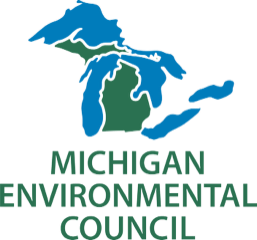
| Michigan Environmental CouncilMichigan Environmental Council drives the environmental agenda in Michigan. They develop innovative policy ideas; communicate them to key audiences in a compelling fashion; and engage our members, community leaders and residents as effective local advocates for shared goals. By leading powerful, diverse collaborations, they inspire state leaders to adopt pioneering solutions that set a global standard for environmental leadership. |
Image
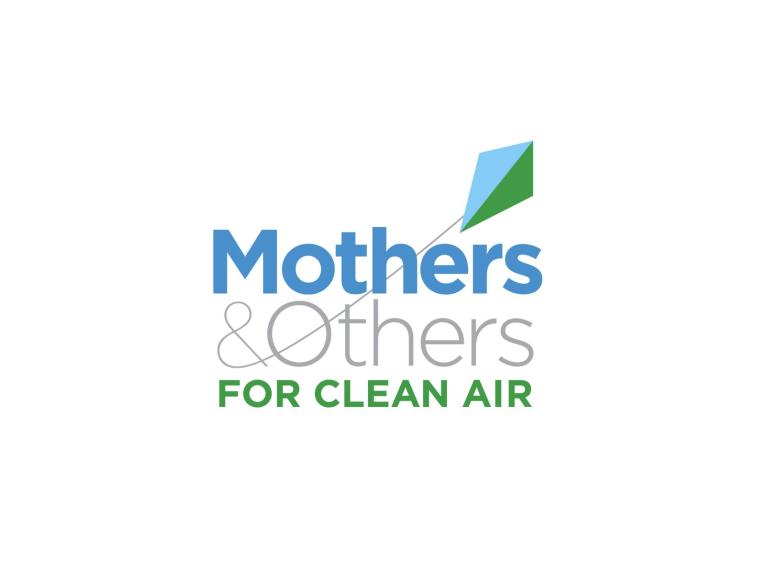
| Mothers and Others for Clean AirMothers and Others for Clean Air's mission is to protect children's health by reducing the impacts of air pollution and climate change throughout the Southeast. Mothers and Others for Clean Air creates coalitions and alliances between healthcare providers, parents and community organizations to facilitate learning, collaboration and collective action in the Southeast. |
Image
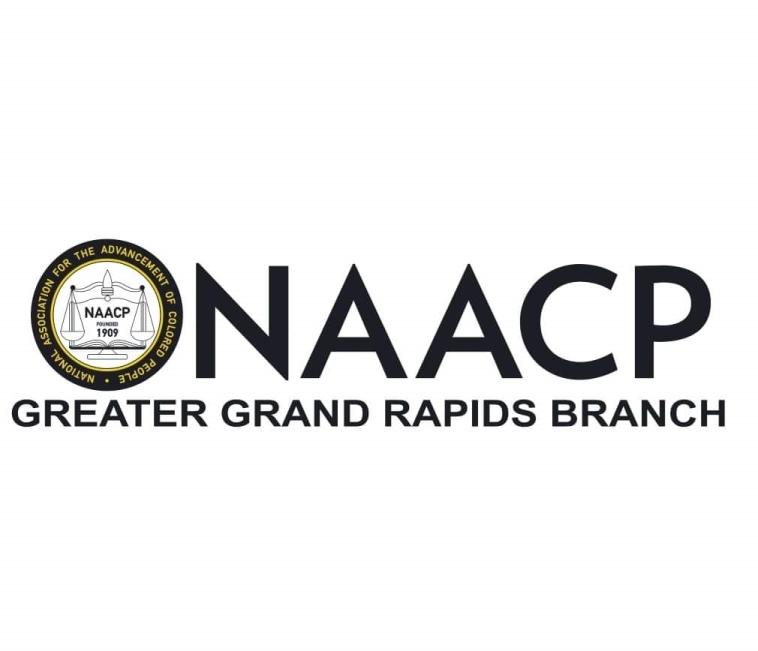
| Greater Grand Rapids NAACPAs part of the worldwide network of more than 2,200 branches of the National Association for the Advancement of Colored People, the Greater Grand Rapids NAACP is proudly dedicated to eradicating racial discrimination and building a stronger society in which all individuals have equal rights. |
Image
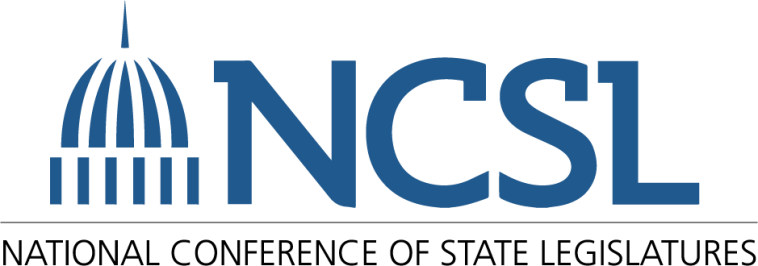
| National Conference of State LegislatorsNCSL, founded in 1975, represents the legislatures in the states, territories and commonwealths of the U.S. Its mission is to advance the effectiveness, independence and integrity of legislatures and to foster interstate cooperation and facilitate the exchange of information among legislatures. |
Image
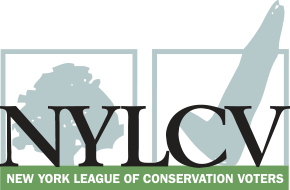
| New York League of Conservation VotersNew York LCV takes political action to mitigate climate change and protect public health. They have stood up a coalition of other organizations focused on electric school buses to push for equitable ESB policies and are preparing for an Environmental Bond Act push this fall to secure the votes for the $500M of designated funding. |
Image

|
|
Image
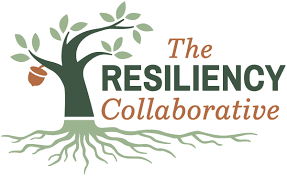
|
|
Image

| Share My LessonThe AFT’s Share My Lesson is a free, award-winning community-based site that brings together educators, parents and caregivers, paraprofessionals and school-related personnel, specialized instructional support personnel, union and nonunion members, educational partners, and higher education professionals who have the common goal of finding and sharing the best educational resources available. From the beginning, we have been committed to providing our community of members high-quality and effective lesson plans and professional development resources—all for free. Today, Share My Lesson remains a trusted resource for high-quality education materials, many of which are designed to support educators implementing standards. As of 2024, Share My Lesson has 2.2 million members and more than 420,000 resources (geared to toddlers through higher education), which have been downloaded more than 16 million times. |
Image

| Smart Electric Power Alliance (SEPA)WRI is a member of the SEPA and actively participates in the Electric Vehicle Working Group and in the areas of equitable utility engagement and outreach. SEPA is also a nonprofit organization whose mission aligns with WRI’s ESB Initiative. We mutually provide engagement opportunities and collaboration in written products. |
Image

|
|
Image

|
|
Image
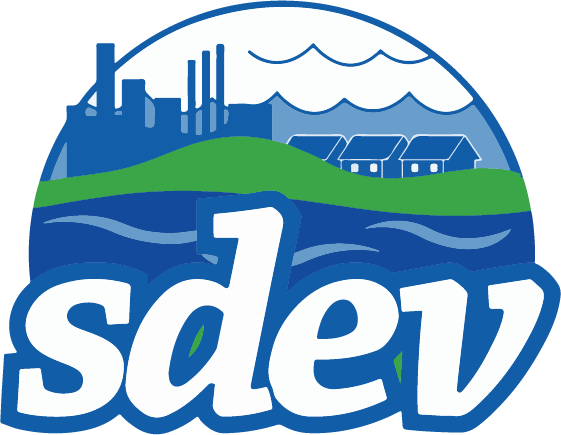
| Southwest Detroit Environmental Vision (SDEV)Southwest Detroit Environmental Vision (SDEV) is a 501(c)(3) nonprofit organization whose mission is to improve the environment and strengthen the economy of Southwest Detroit through the partnership with residents, community organizations, government agencies, schools, businesses and industry to combat environmental issues, including air quality, blight (illegal dumping, graffiti, abandoned homes), and incompatible land use. SDEV is funded through memberships, individual and corporate donations, and grants. SDEV’s work would not be possible without the dedication of our community volunteers. |
Image

| SubjectToClimateSubjectToClimate is a nonprofit online connector for K-12 teachers of all subjects to find credible and engaging materials on climate change at no cost. Our goal is to make climate change teaching and learning accessible to all. |
Image
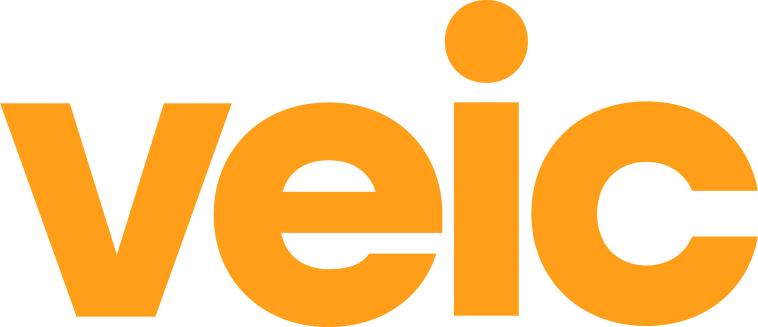
| VEICVEIC is a sustainable energy organization on a mission to generate the energy solutions the world needs. For over 35 years, VEIC has been working with governments, utilities, transit agencies, foundations, and businesses across North America to develop and deploy clean-energy services that decarbonize buildings, transportation, and utility grids today. We design innovative and equitable solutions that meet clients’ goals, while reducing greenhouse gas emissions. VEIC is nationally recognized for providing technical assistance to school districts across the country to successfully transition their fleet to Electric School Buses. |
Steering Committees and Working Groups
Manufacturing & Supply Chain Steering Committee
The Steering Committee is comprised of approximately twenty members, including a range of stakeholders in U.S. electric school bus manufacturing and related areas. They meet quarterly to offer insights and advice on high-level topics that affect electric school bus production and adoption, including related topics affecting workforce and sustainable supply chain development.
Utility Working Group
The working group primarily consists of electric utilities along with other key stakeholders who can provide useful insights in support of electric school bus adoption, including trade organizations, nonprofit organizations and other relevant service providers. The group meets quarterly to discuss topics such as utility electric school bus program best practices, connecting electric school buses to the grid and opportunities for utilizing electric school buses as grid assets.
Electric School Bus Initiative Advisory Council
The Electric School Bus Initiative Advisory Council plays a key role in guiding the ESB Initiative toward the goal of equitably electrifying the full fleet of U.S. school buses. Comprised of leading figures in fields including nonprofit advocacy, education, utility management, environmental justice and electrification, the Council provides invaluable insights and perspectives to experts across the ESB Initiative.